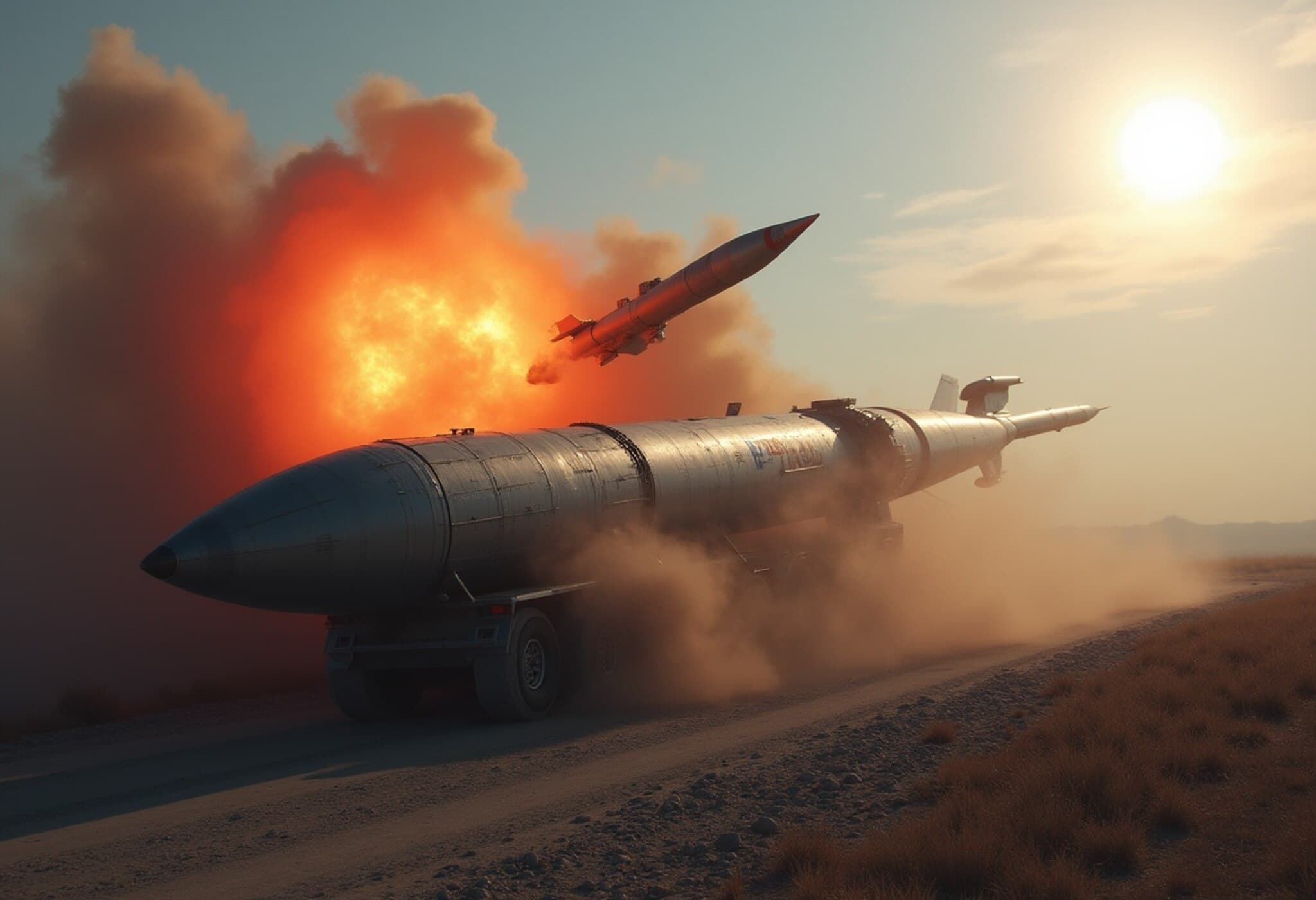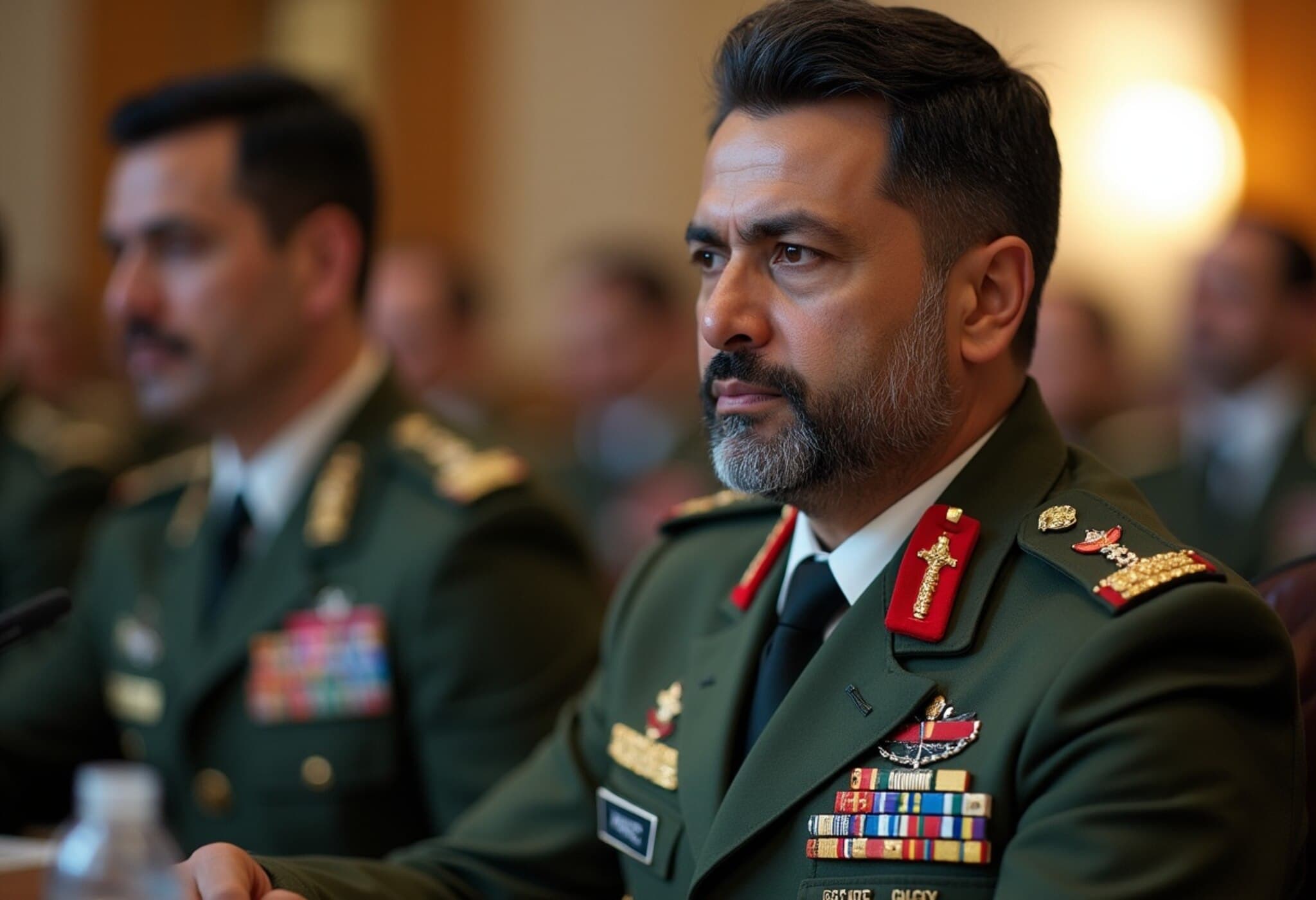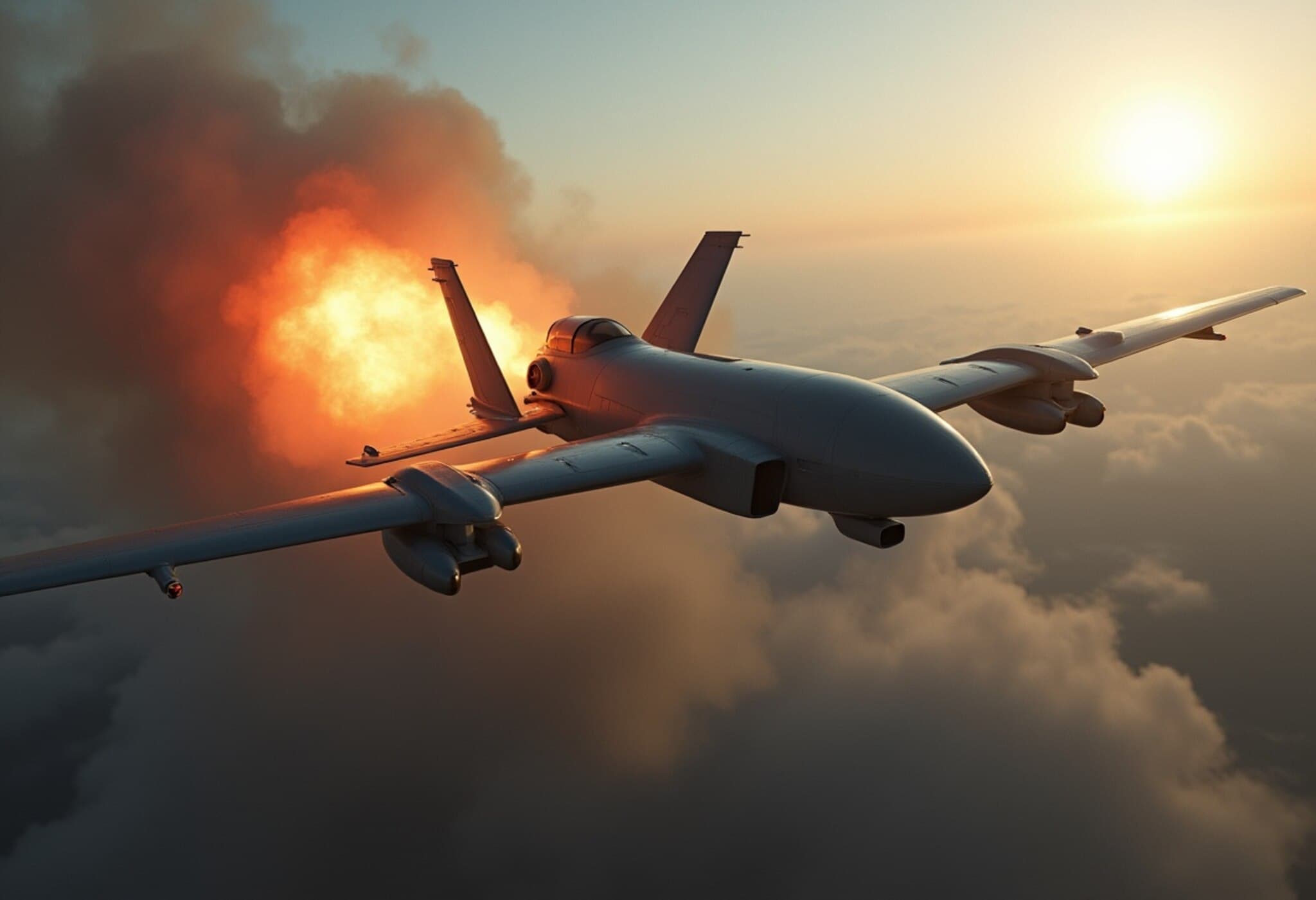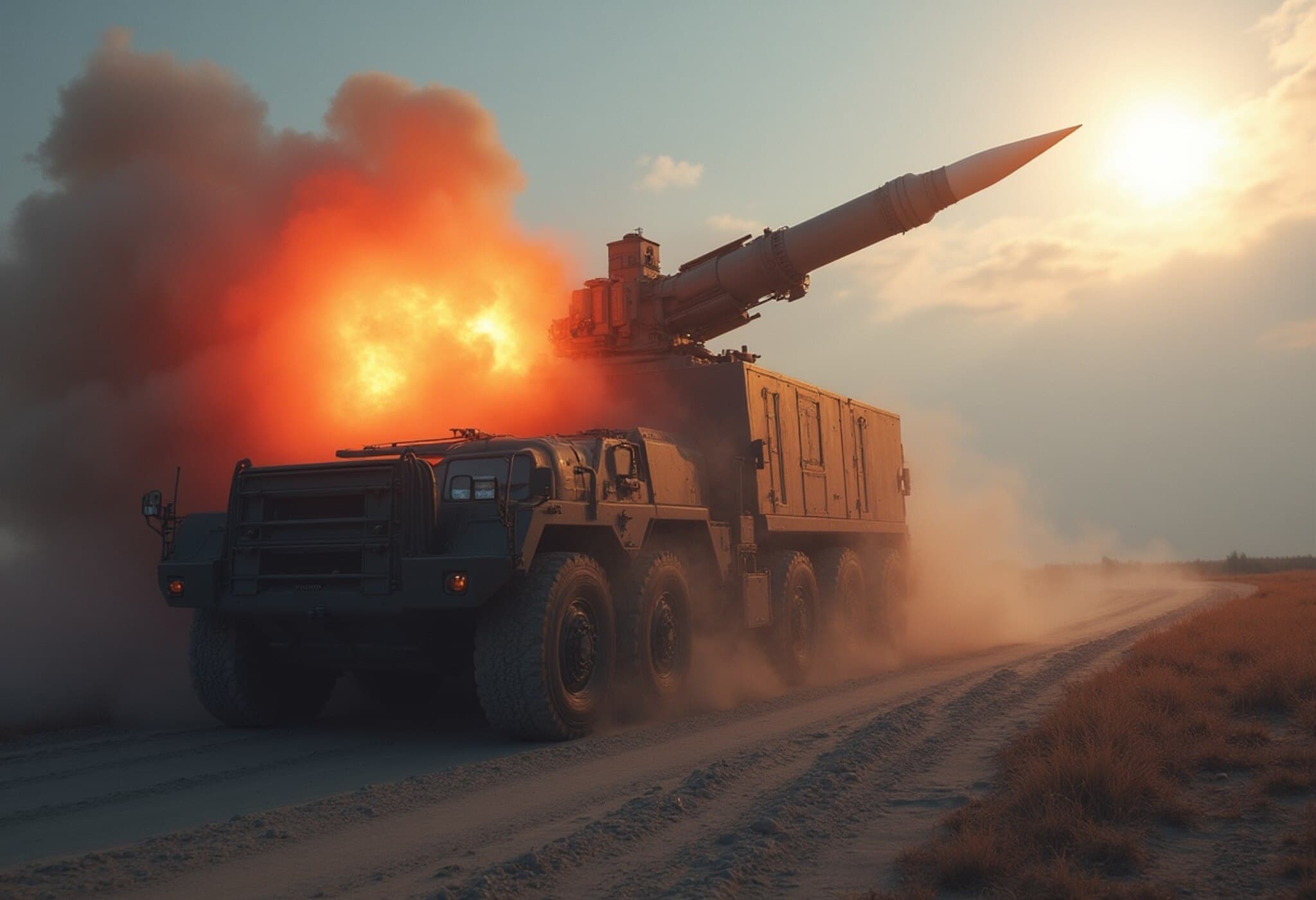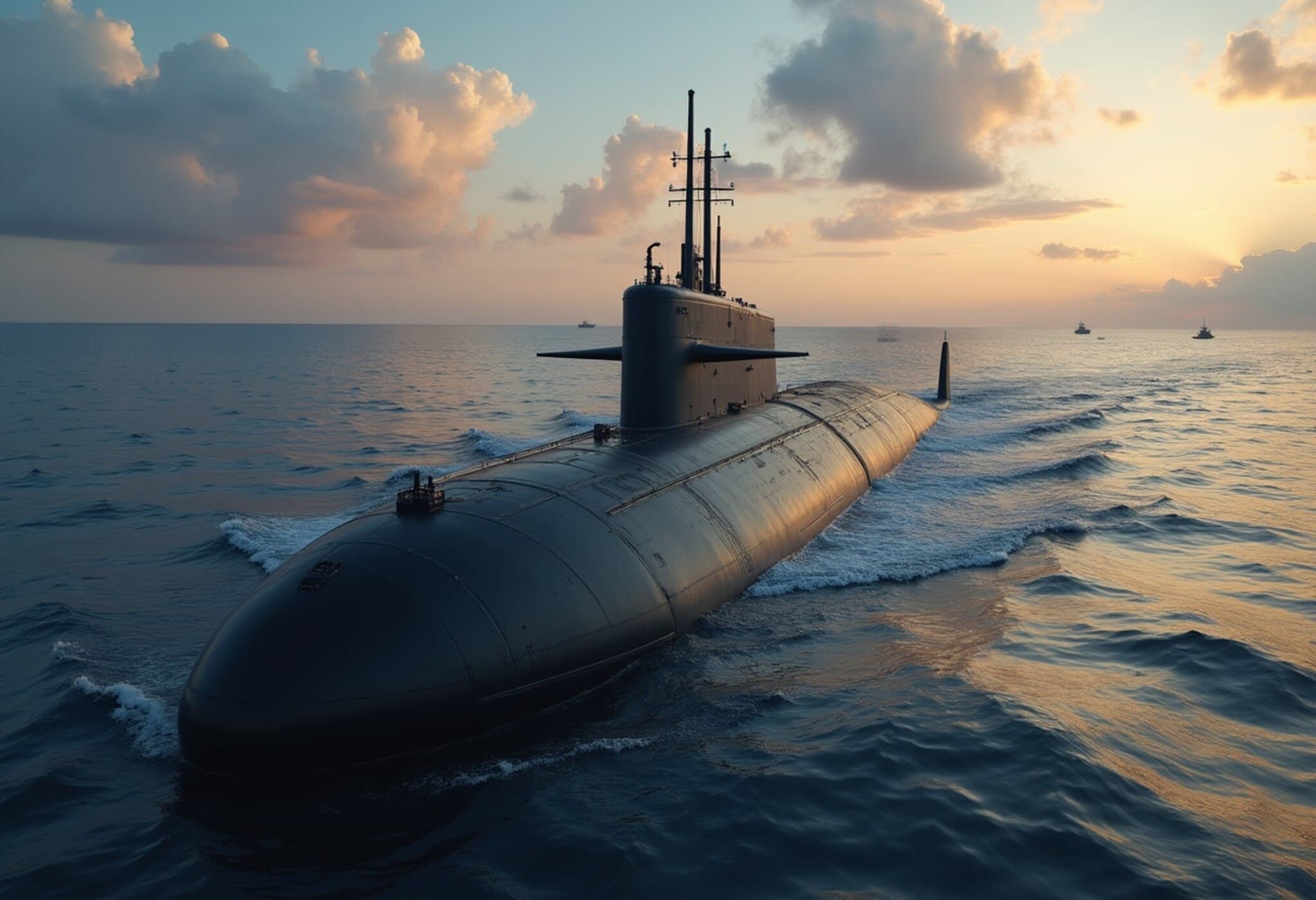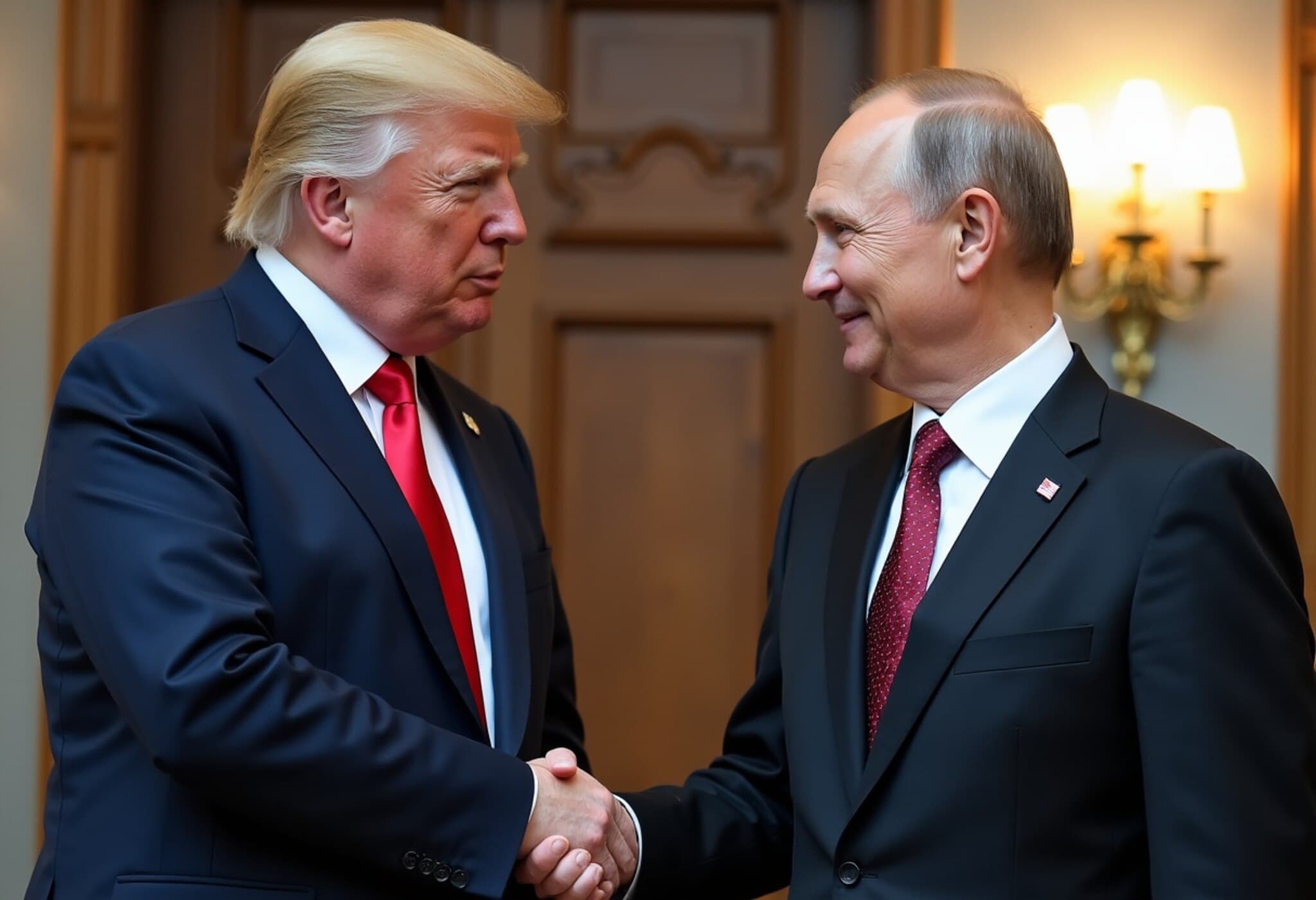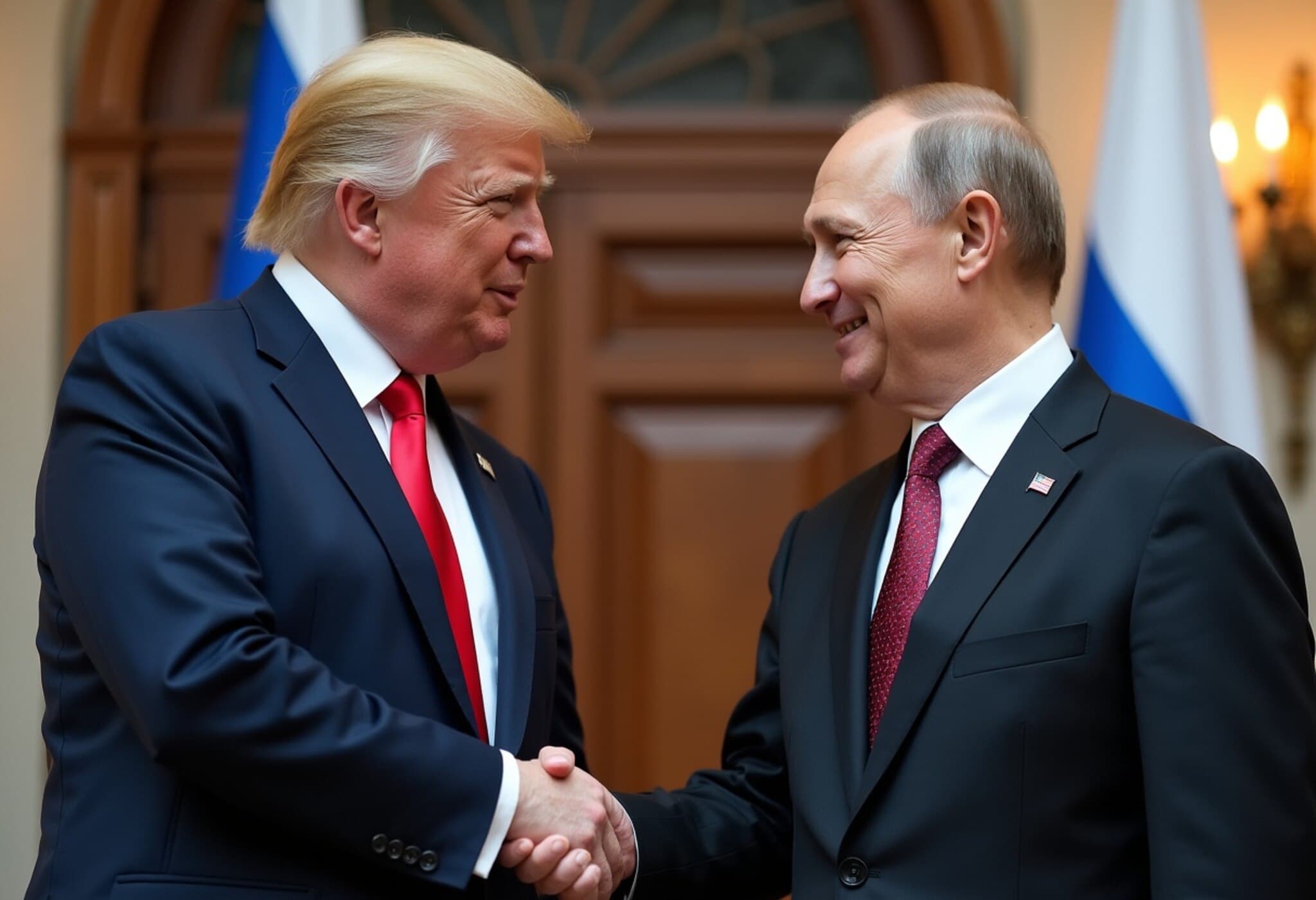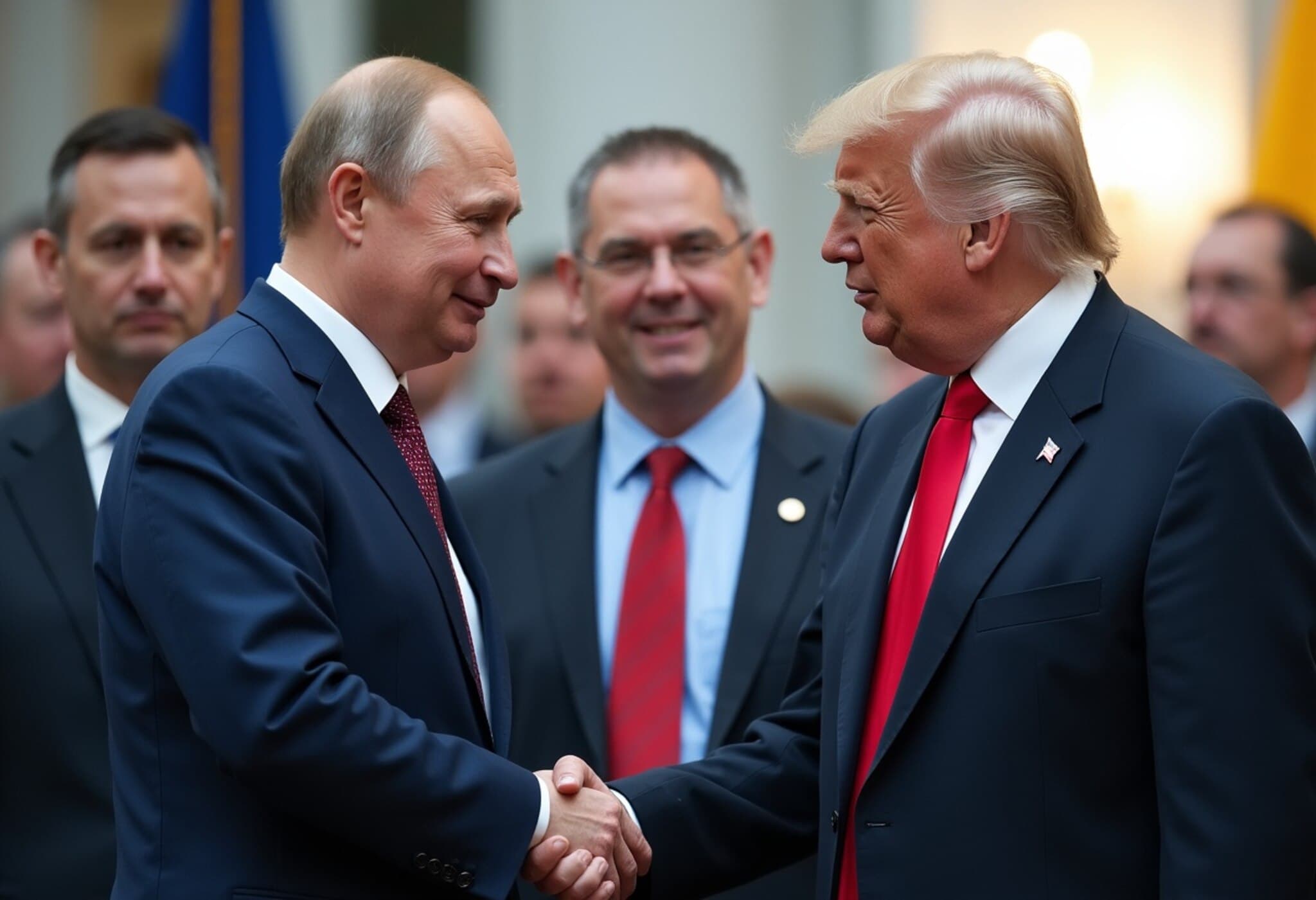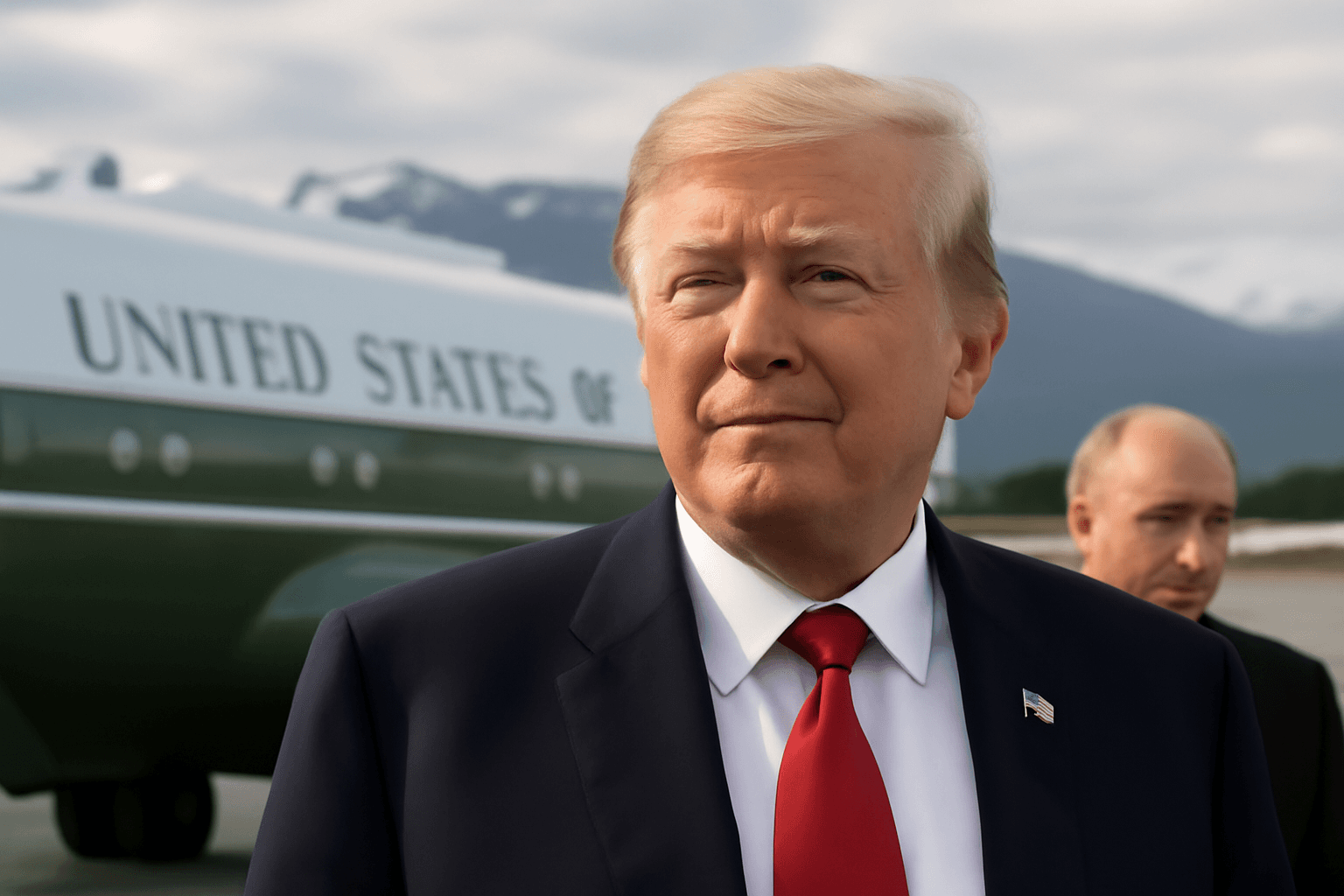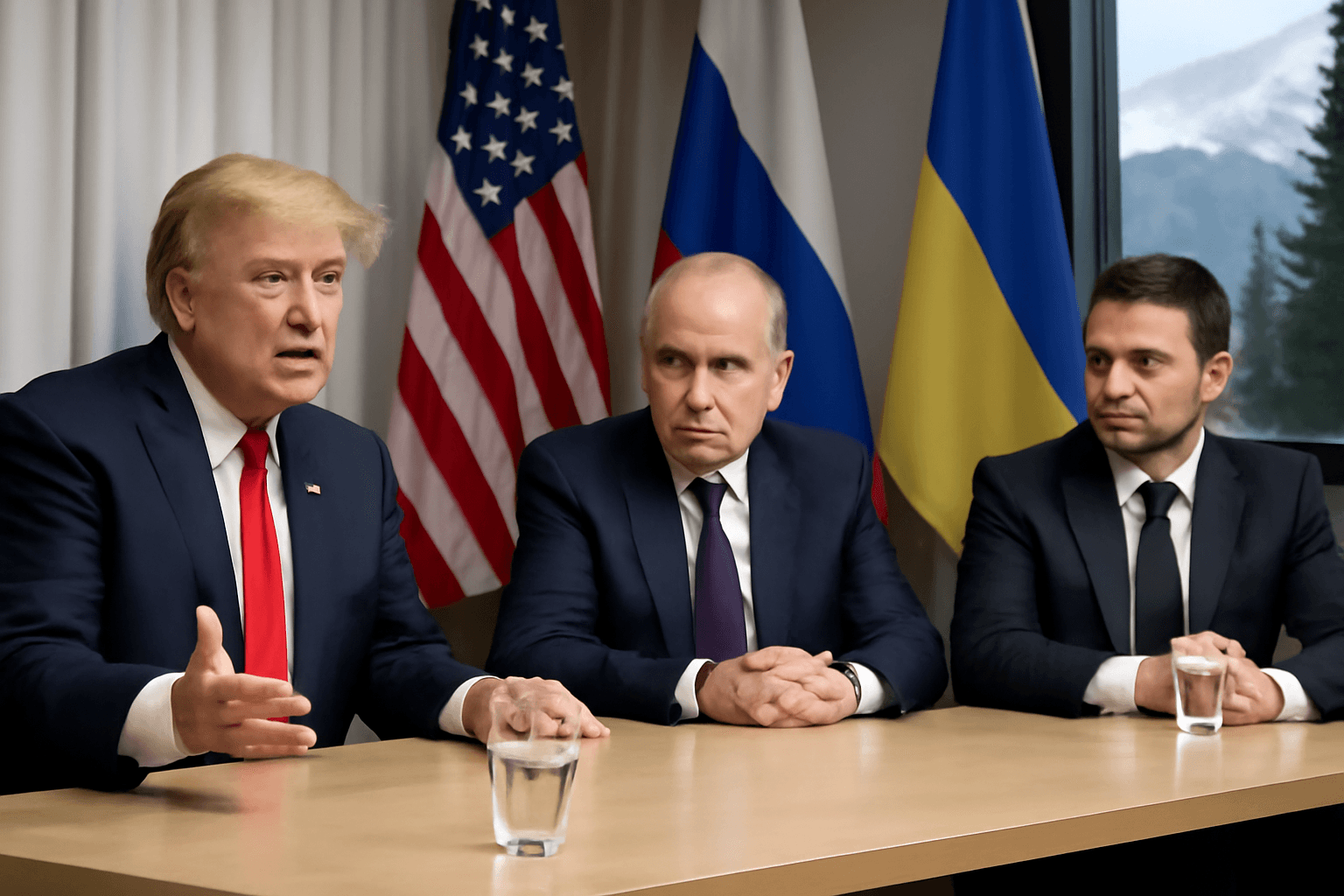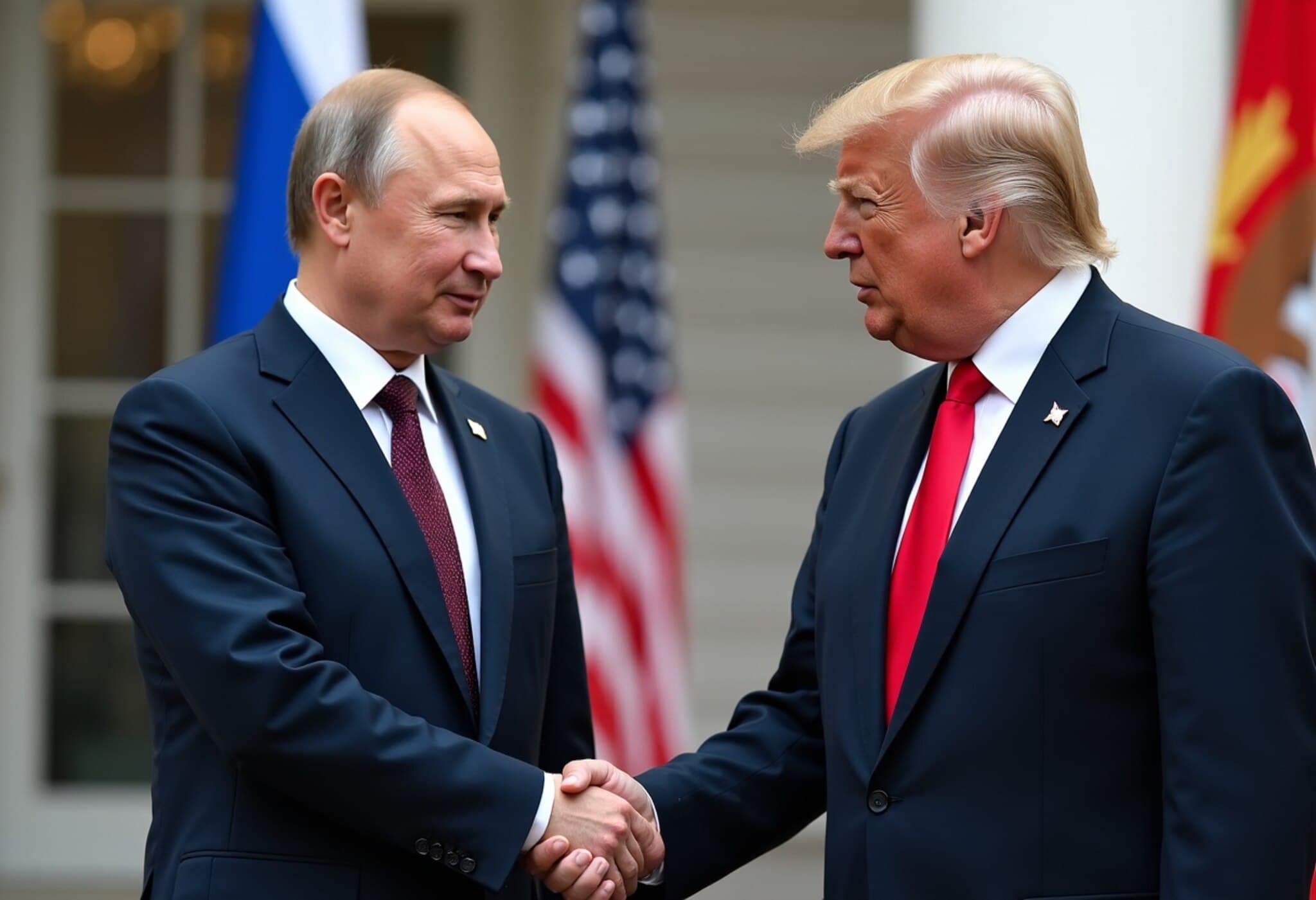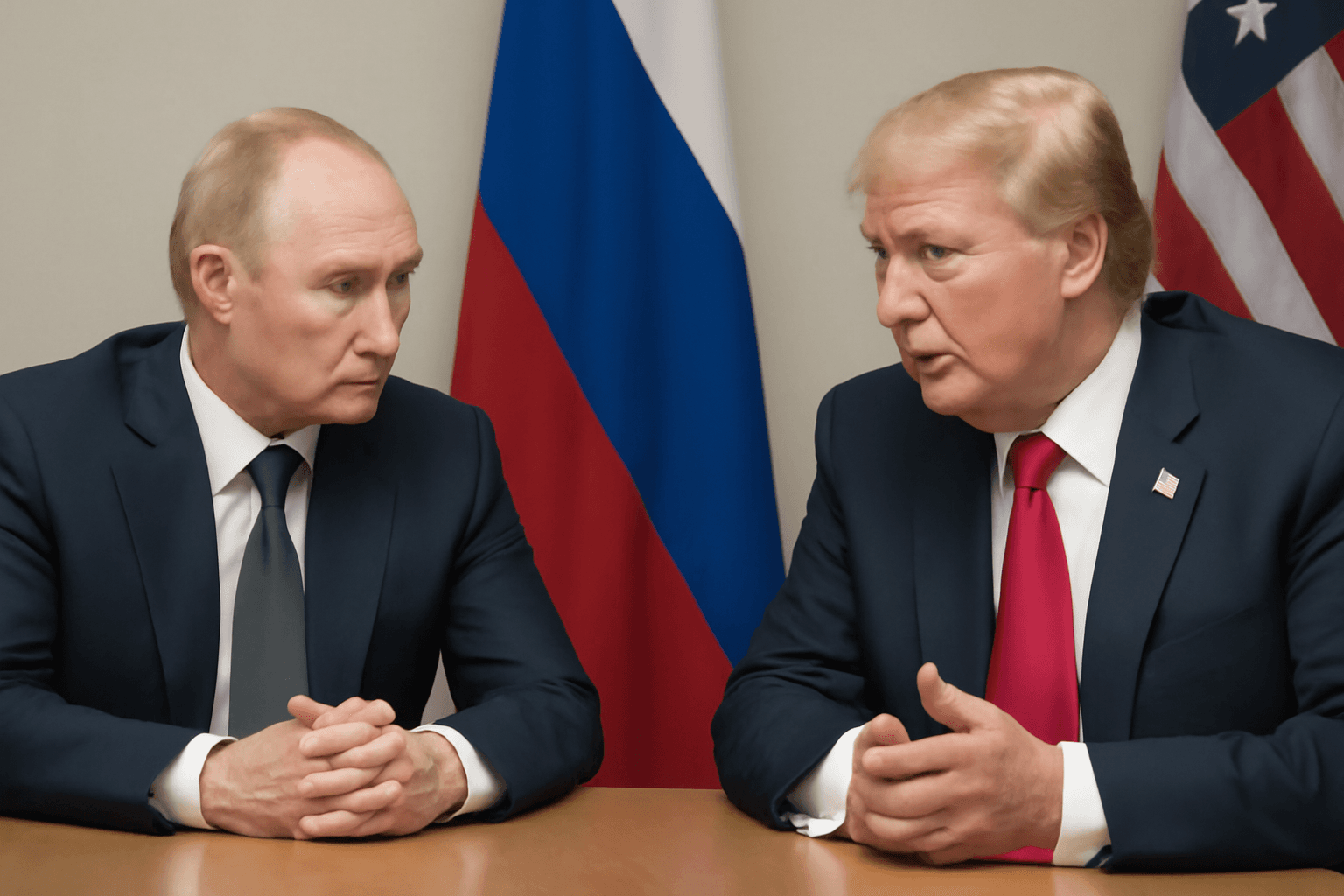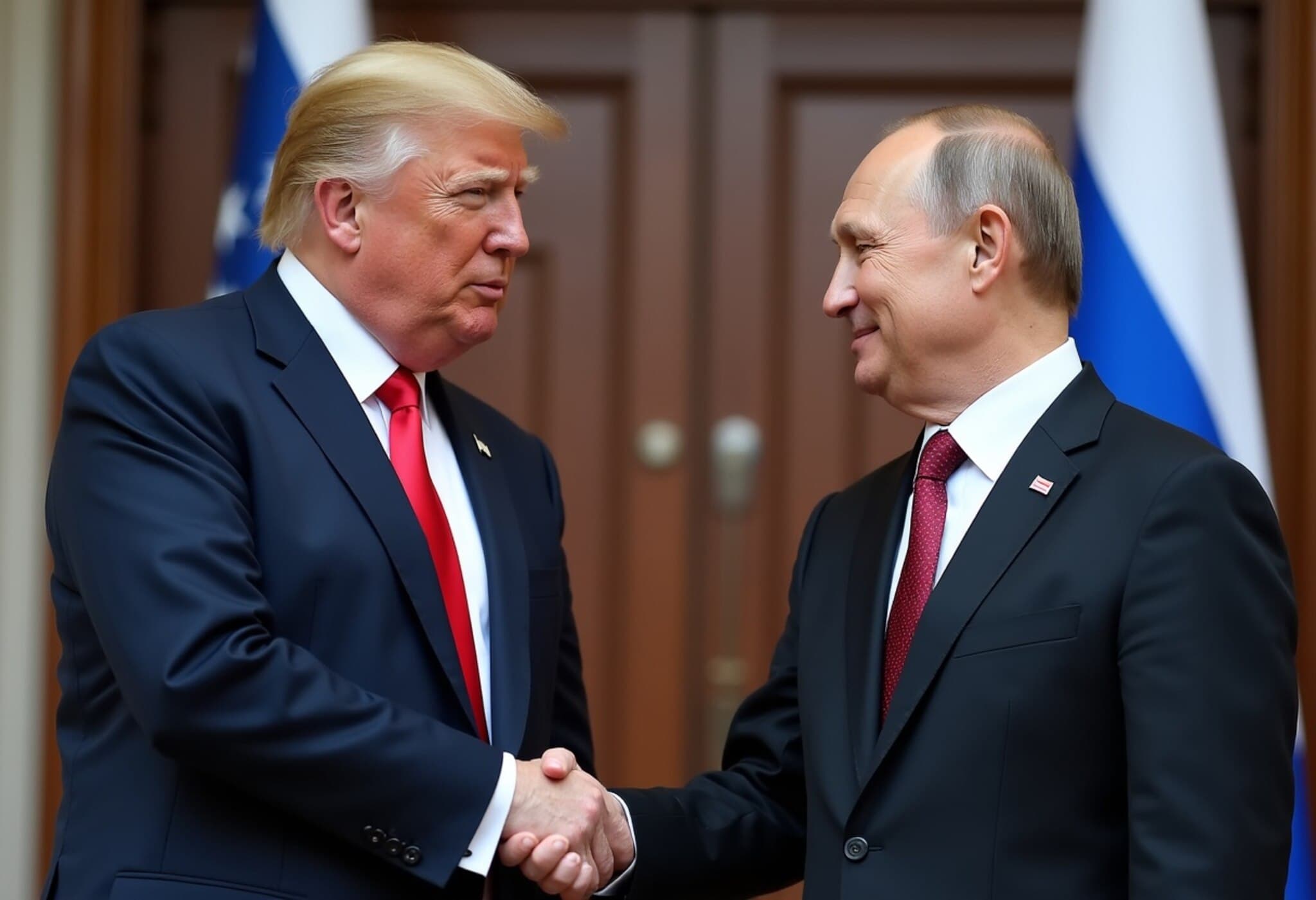Russia Advances Nuclear-Powered Cruise Missile Testing Amid Diplomatic Tensions
In a strategic move underscoring the high-stakes geopolitical chess game between Moscow and the West, Ukrainian military intelligence has revealed that Russia is gearing up to conduct a test of its nuclear-powered, nuclear-capable cruise missile, the 9M730 Burevestnik. This development arrives just as U.S. President Donald Trump was scheduled to meet Russian President Vladimir Putin in Alaska for critical talks aimed at ending the conflict in Ukraine.
Unpacking the Intelligence and Its Timing
Andriy Yusov, spokesperson for Ukrainian military intelligence, emphasized the test’s dual purpose—not only to validate Russia’s scientific and technical advances but also to serve as a diplomatic tool in negotiations with Western powers. While the exact timing of the test remains undisclosed, the move signals Moscow’s intention to fortify its bargaining position by showcasing its cutting-edge military capabilities.
This intelligence is believed to be sourced from a combination of U.S., NATO, and Ukrainian networks operating within Russia, reflecting an intricate web of information gathering that underscores the high level of surveillance on Russian military activities.
The Burevestnik Missile: A Controversial Boon or Bluff?
- Weapon Profile: Known by NATO as the SSC-X-9 Skyfall, the Burevestnik is presented by Russian leadership as an “invincible” missile boasting an almost unlimited range and an unpredictable flight path, theoretically able to evade existing missile defenses.
- Technological Challenges: Despite Putin’s bold claims, experts remain skeptical. The missile’s erratic test history—recorded as only two partial successes out of 13 attempts—raises critical questions about its reliability and practicality.
- Environmental and Safety Concerns: Experts have also warned about the environmental consequences of the missile’s nuclear propulsion, which could lead to hazardous radiation leaks, potentially causing collateral harm beyond traditional warfare risks.
Geopolitical Implications: War Games Meet Diplomatic Maneuvers
The announcement comes at a delicate moment in international relations, where nuclear rhetoric has intensified amid the ongoing Ukraine conflict. Russia has repeatedly threatened nuclear weapon use as a leverage point, and this missile test could be perceived as a strategic escalation.
For U.S. policymakers, this underscores the complexity of engaging Russia diplomatically while managing the risks of nuclear proliferation and ensuring European and global security. The Alaska summit, ostensibly a forum to de-escalate tensions, now also serves as a backdrop to a high-stakes display of military prowess.
Expert Commentary: Navigating the Unknown
Defense analysts highlight that even if the Burevestnik achieves operational status, its practical military advantage might be limited since Russia already possesses a vast nuclear arsenal. However, the missile's symbolic significance as a deterrent and a bargaining chip cannot be dismissed.
Moreover, the test raises pressing questions about transparency and international monitoring, emphasizing the need for vigilant global oversight to prevent the destabilizing effects of such weapons development.
What Lies Ahead?
While Moscow awaits the opportunity to use the potential missile test as diplomatic leverage, the international community faces a crossroads in balancing arms control, strategic dialogue, and conflict resolution.
The episode highlights the urgent necessity for nuanced diplomacy that addresses not just the immediate battlefield concerns in Ukraine but also the broader imperatives of nuclear non-proliferation and global security.
Editor’s Note:
The impending test of Russia’s nuclear-powered cruise missile stands as a stark reminder of the ever-evolving nature of modern warfare and diplomacy. As the world watches the Alaska summit unfold, critical questions remain:
- Can diplomatic channels withstand overt demonstrations of military might?
- What safeguards exist to monitor the environmental risks posed by such advanced weapons?
- How will Western powers recalibrate their deterrence strategy in the face of emerging nuclear technologies?
This story underscores the delicate interplay between technological ambition, geopolitical strategy, and the urgent need for international cooperation.

